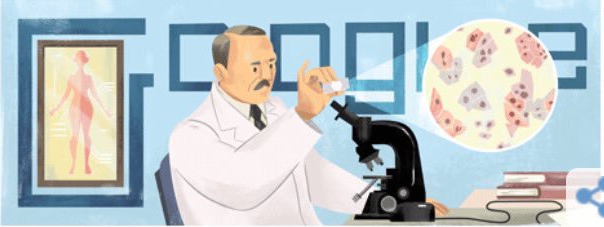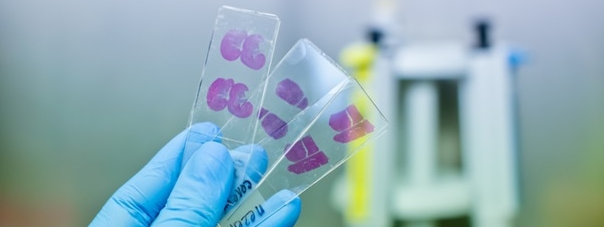Who is Cytopathologist?

A cytopathologist is an anatomic pathologist who is an expert in diagnosing human diseases by studying the cells. Generally, these cells are from secretions of body and other fluids. The other ways of obtaining the cells can be scraping, washing, or sponging the surface of a lesion. The major involvement in the practice of a cytopathologist is the interpretation of Papanicolau-stained smears of cells. These are present in the female reproductive parts. This test is also known as the “Pap” test. Still, the skills or expertise of a cytopathologist is not limited and have skills in diagnosing cells from all systems or areas of the body.
What is Cytopathology Test?

Cytopathology is a diagnosing technique which involves the examining of cells from different body locations, to find out the cause and nature of the disease. The first and the most popular test developed in cytopathology was the Pap test. The pathologists are using this test for the past 50 years in diagnosing and screening of cervical cancer and its predecessors.
After the Pap test development, the cytopathology expands to include samples from almost all body locations. The pathologists take the samples of cells for diagnosing tests like cystoscopy and bronchoscopy.
During the process, the doctor takes the cells from the masses below the skin which are then diagnosed. In this approach, the patient gets minimal discomfort and guides the physician for the next steps.
Roles of Cytopathologists:

Cytopathologists are professional medical doctors who must have completed a 4-year specialization in a pathology residency program. Some even do a fellowship of a year after the program.
They maintain an approach focusing on a patient by performing fine needle drawn and do an adequacy assessment with radiologists.
The pathologists examine exfoliated cells which are scraped from the body. The samples are processed into slides which are then placed under the microscope for diagnosis.